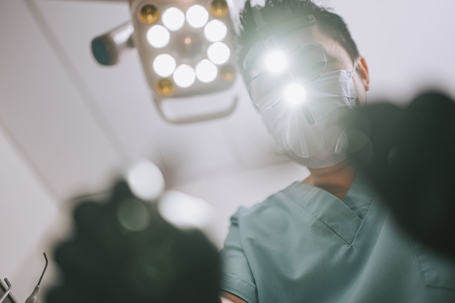When individuals experience harm or injuries related to medical devices, they often find themselves facing complex legal challenges. In such cases, two distinct legal avenues for seeking compensation emerge: medical malpractice claims against healthcare professionals and institutions, and product liability claims against manufacturers and distributors of medical devices.
Understanding Medical Malpractice Claims
What is Medical Malpractice?
Medical malpractice occurs when a healthcare professional or institution fails to meet the standard of care expected in their field, resulting in harm or injury to a patient. In the context of medical devices, malpractice may involve issues such as improper device implantation, incorrect usage, or inadequate post-operative care.
Key Considerations for Medical Malpractice Claims
- Standard of Care: To establish a medical malpractice claim, the plaintiff must demonstrate that the healthcare professional or institution deviated from the standard of care expected in their field. This standard varies depending on the specific circumstances and the medical community's consensus.
- Causation: Proving causation is essential. The plaintiff must show that the healthcare professional's negligence directly led to the harm or injury.
- Expert Testimony: Medical malpractice cases often require expert witnesses who can testify about the standard of care and how it was breached.
- Statute of Limitations: It's crucial to be aware of Massachusetts’s statute of limitations for medical malpractice claims, which can limit the time within which you can file a lawsuit.
- Damages: Plaintiffs can seek compensation for medical expenses, lost wages, pain and suffering, and other damages resulting from the malpractice.
Understanding Product Liability Claims
What is Product Liability?
Product liability claims arise when a medical device is defective or unsafe, causing harm or injury to the user. In these cases, the manufacturer, distributor, or other entities involved in the device's production and distribution may be held liable.
Key Considerations for Product Liability Claims
- Types of Defects: Product liability claims can be based on three types of defects: design defects, manufacturing defects, and marketing defects (such as inadequate warnings or instructions). Plaintiffs must establish which type of defect caused their injury.
- Strict Liability: Unlike medical malpractice claims, which require proof of negligence, product liability claims often operate under strict liability principles. This means that if a defect exists and it causes harm, the manufacturer or distributor can be held liable regardless of their level of care.
- Multiple Parties: In product liability cases, multiple parties may be held responsible, including the manufacturer, distributor, and even the healthcare facility that used the device.
- Class Action Lawsuits: Some product liability claims related to medical devices may become part of class action lawsuits if multiple individuals have been affected by the same defect.
- Compensation: Compensation in product liability claims can cover medical expenses, lost wages, pain and suffering, and, in some cases, punitive damages meant to punish the responsible party.
Making an Informed Decision
When deciding between pursuing a medical malpractice claim or a product liability claim for a medical device-related injury, several factors come into play:
- Evidence: Consider the strength of your evidence. If you have clear proof of a healthcare professional's negligence, a medical malpractice claim may be viable. Conversely, if the device itself was defective, a product liability claim may be more appropriate.
- Liability: Assess who can be held liable for your injury. In some cases, both a healthcare professional and a device manufacturer may share responsibility.
- Statute of Limitations: Be mindful of Massachusetts's statute of limitations for both types of claims, as missing the deadline can result in losing your right to seek compensation.
- Legal Representation: Consult with an experienced attorney who specializes in medical malpractice and product liability cases. They can help evaluate your situation and determine the best course of action.
Whether you pursue a medical malpractice claim or a product liability claim for a medical device-related injury in Massachusetts depends on various factors unique to your case. Understanding the differences between these legal avenues and seeking expert legal counsel at Crowe & Harris, LLP is crucial to making informed decisions and pursuing the compensation you deserve. By doing so, you can navigate the complexities of the legal system and work towards a resolution that addresses the harm or injury you have suffered due to a medical device.
Call us today at (617) 404-3417 for a free consultation regarding possible medical malpractice claim.

